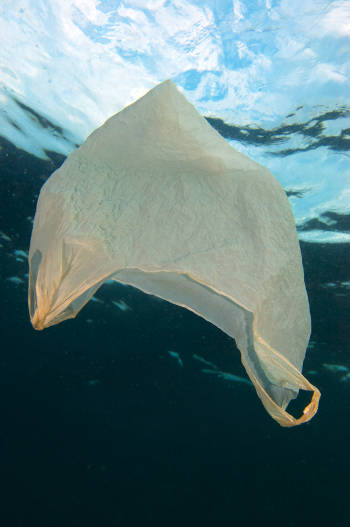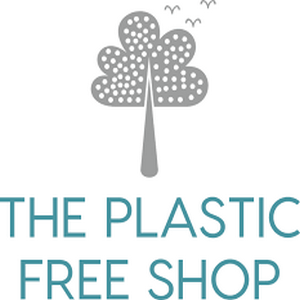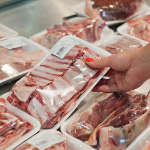
 Billions of plastic bags are used in the UK every year. Figures show that a British customer can get up to 60 bags on average each month, which means 720 per year and a total of 8,3 bn in 2013: that's a scary number. Those bags sure are convenient but once they've carried the goods back home, they have no real purpose anymore, apart from being one of the worst threats to the environment. Plastic bags take a long time to decompose, between 500 to 1,000 years, and they most certainly won't vanish integrally anyway. Besides, they cost millions to clean up and are a waste of natural resources. That is how the 5p charge for each carrier bag came up, both to encourage shoppers to change their habits -like reusing the carrier bag instead of discarding it after a single use- and to finance environmental projects.
Billions of plastic bags are used in the UK every year. Figures show that a British customer can get up to 60 bags on average each month, which means 720 per year and a total of 8,3 bn in 2013: that's a scary number. Those bags sure are convenient but once they've carried the goods back home, they have no real purpose anymore, apart from being one of the worst threats to the environment. Plastic bags take a long time to decompose, between 500 to 1,000 years, and they most certainly won't vanish integrally anyway. Besides, they cost millions to clean up and are a waste of natural resources. That is how the 5p charge for each carrier bag came up, both to encourage shoppers to change their habits -like reusing the carrier bag instead of discarding it after a single use- and to finance environmental projects.
Wales was the first to take action and implemented the 5p charge in September 2011. The consumption of plastic bags decreased by 96% in a year. Northern Ireland applied it in 2012 and reduced its plastic bag use by 72%, while the money collected benefits good causes. Scotland introduced it last October and performed an 80% decrease in just six months. Four major retailers have thus made a £1m donation to worthy and environmental causes since subscribing to the Zero Waste Scotland's carrier Bag Commitment. The funds are to help national projects as well as local initiatives. England's participation is planned to begin this fall. In sum, more than significant progress have been made and we are on the right track to may be catch up with Denmark, the leader with merely four plastic bags a year per person.
News in the same category
Based on consumer research, supermarkets are cited as being a leading source of plastic based waste although some are adopting methods to reduce their plastic footprints. However, it's not the responsibility of the big players to begin creating a shift.
Starting today, shopping in England will eventually cost you an extra 5p for the plastic carrier bag, unless you bring your own shopping bag, or shop in smaller stores.
This is a win-win situation: Sainsbury's has space left in its stores, and Argos wants to offer more convenience to its customers. Ten Argos outlets will open in Sainsbury's locations within the next few months.
Several consumer associations met to launch an awareness campaign about the origin of meat in transformed products, with the hope of changing European legislation.




